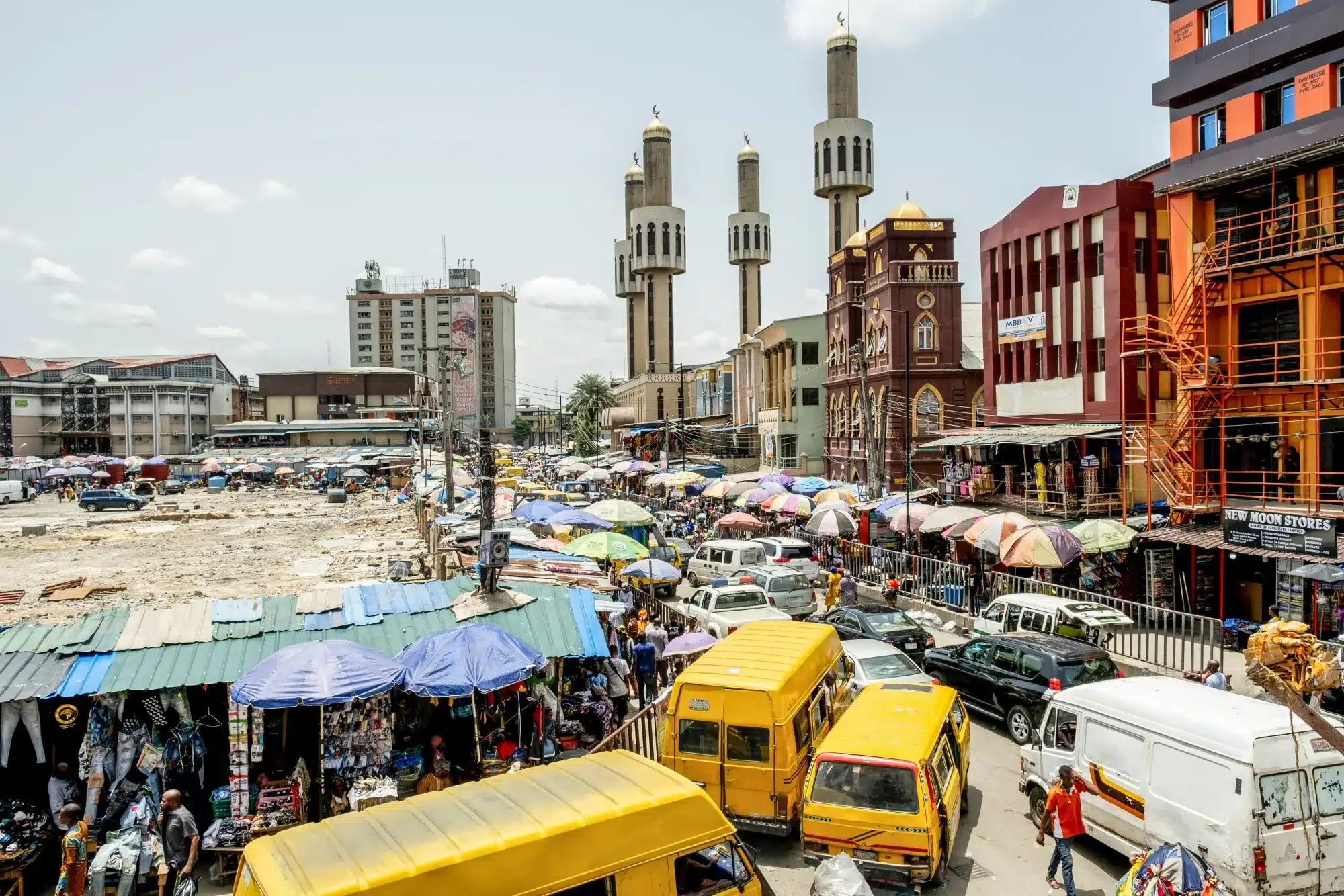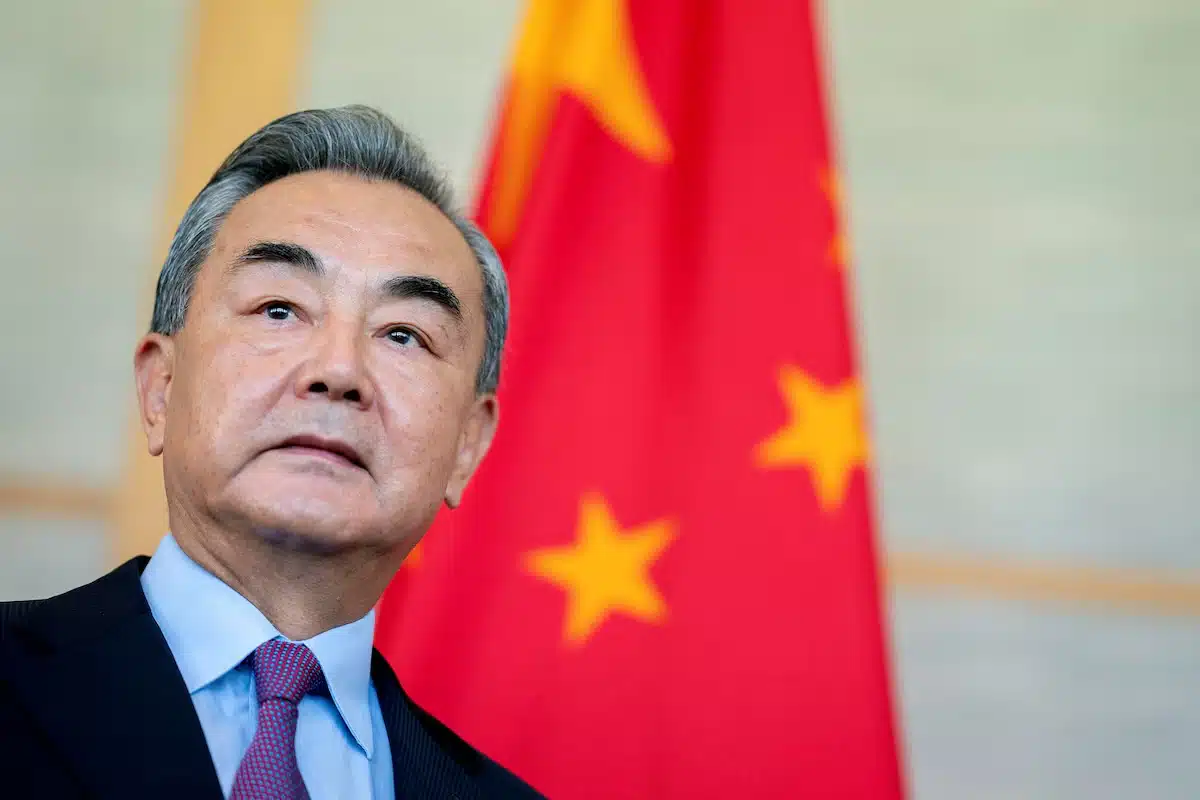Business activity in Nigeria climbed to a three-month high in July 2025, with employment growth reaching its strongest level in 21 months, according to the latest monthly Purchasing Managers’ Index (PMI) from Stanbic IBTC Bank.
The headline PMI rose to 54.0 in July from 51.6 in June, signaling an improvement in private sector conditions and extending the current growth streak to eight consecutive months. A reading above 50.0 indicates expansion, while one below that level reflects a contraction.
“The start of the third quarter saw a pick-up in growth momentum in the Nigerian private sector,” the PMI report said. “Rates of expansion in output and new orders accelerated, leading to a sharp rise in purchasing activity and the fastest increase in employment since October 2023.”
Firms boosted purchasing in response to higher new orders, resulting in a marked accumulation of inventories. With improved workforce capacity, companies kept backlogs of work broadly stable after three months of increases. A renewed shortening of suppliers’ delivery times also aided stock-building efforts.
The pace of purchase price inflation eased for the third consecutive month, reaching its lowest level since April 2020. Output price inflation followed a similar trend, softening to its weakest point since May 2023. Some firms offered discounts to attract new customers amid reduced input cost pressures.
The PMI, which measures private-sector performance, is based on responses from 400 firms across five key sectors: agriculture, manufacturing, services, construction, and retail. It aggregates five components: new orders (30%), output (25%), employment (20%), suppliers’ delivery times (15%), and stock of purchases (10%), with supplier delivery times inverted to reflect improvement when shortened.
Supporting the PMI findings, data from the National Bureau of Statistics (NBS) showed Nigeria’s headline inflation eased for a third straight month to 22.22% in June, down from 22.97% in May.
However, staff cost inflation quickened to a five-month high, driven by higher employment levels and efforts to offset rising living costs—particularly transportation.
While firms remained optimistic about future output, sentiment softened from the near three-year high recorded in June. Companies expecting growth linked their outlook to planned capital investment and marketing efforts, supported by easing inflationary pressures.









